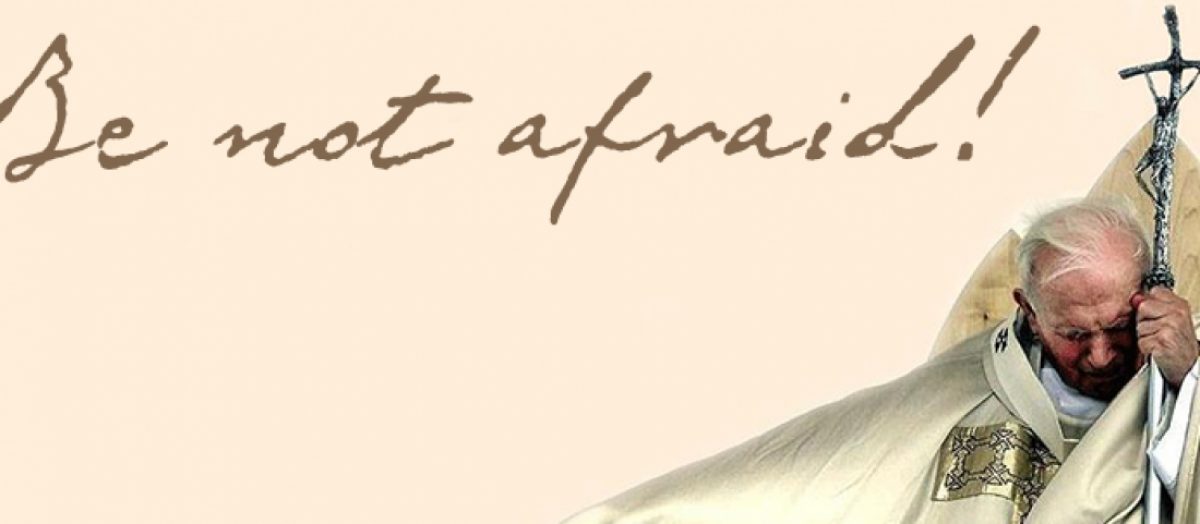This often overlooked aspect of understanding our self in the context of truth and faith (is that redundant?) is that we are a composite of spirit and matter, soul and body. The human person is the only creature that God created this way. We are rational creatures because we have a rational soul, meaning that our soul can function, think, conceptualize ideas without input from the five senses, without input through the body. This does not mean the body is less important than the soul, the body and soul together makes up the whole person. That the soul does not require input through the body is the theology that explains the immortality of the soul. We are not eternal, we have a beginning, but we are immortal, will have no termination. Angels and humans are the only creatures with a rational soul, but the angels were not created as a body/soul combination. Angels don’t have bodies, never did, never will. (Oh, by the way, angels are not humans that have died and gone to heaven, I’ll have to tell a story about that another time, maybe in a comment to this post.)
Now with all that said, we ask the question “what about when the soul goes to heaven and is separated from the body?” The body/soul composite is not inseparable, but it is what makes for a whole person. The separation of the body from the soul is what is known as death. The soul during the intermediate time, between death and the Second Coming of Christ, in which soul will be reunited with body, the soul awaits with eager anticipation to be whole again. St Bernard of Clairvaux gives us a wonder idea of this in his work “On Loving God.” The soul, St Bernard tells us, even in the presence of God in the Beatific Vision, yearns to be reunited with the body.
Part of this overlooked aspect of our faith is that when we recite the Creed, we might not realize what we are saying when we say, “I believe in the resurrection of the body” or “resurrection of the dead.” We might think, as I did for many years, that we are professing belief in the Resurrection of Jesus Christ, but in 1st Corinthians chapter 15 St Paul answers the question that the community at Corinth had been arguing about when he says, “If the dead are not [to be] raised then neither has Christ been raised, and we are pitiful fools in our faith.” (cf. vv 12-18)
We do profess belief in the resurrection of the dead. At the same time there is a popular way of thinking today that says, “I am not my body.” This is the root foundation of the age old heresy, Gnosticism. It is popular today in the form of New Age Spirituality and other forms of atheistic/spiritual belief.
Here’s a good article, “friendly” theology, on person as body and soul by Mark Shea who writes for National Catholic Register (not to be confused with National Catholic Reporter, please.) In this article Mr. Shea makes some good points about how this Gnosticism gives justification to arguments against life issues. He asks an interesting question and gives a good answer in the form of a question, “When does a human being begin life?” Response, “When did the Son of God become the Son of Man.” Answer to both, at the moment of conception in the womb of the mother.
I hope you enjoy the article and take these ideas into you spiritual life in meditation and prayer. The beginning of Contemplative Prayer, says St Bernard, is contemplating our own soul, by reflecting on, getting in touch, with our soul is the stairway to heaven.

